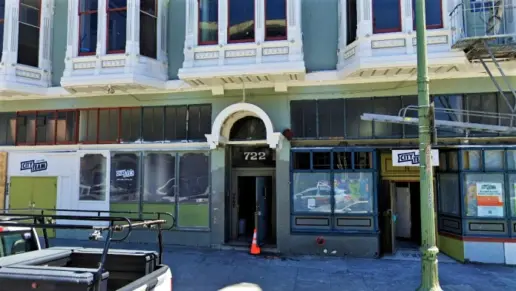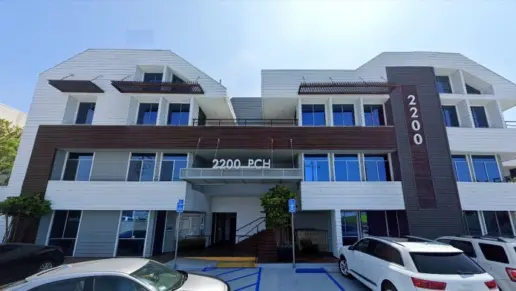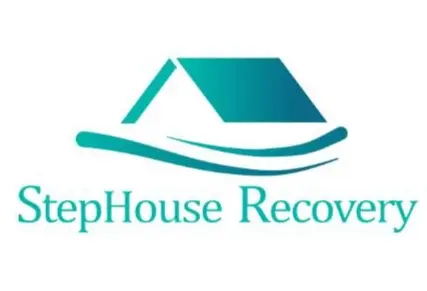About Evolve Teen Treatment – Ojai
Evolve Treatment Centers for Teens is located in Ojai, California. Evolve Treatment Centers for Teens' treatment focuses on adolescent Substance Abuse, Mental Health, PTSD, Depression, Anxiety, Asperger’s, ODD, ADHD and OCD. They provide a full continuum of care (RTC, PHP, IOP and OP).
Evolve Treatment Centers for Teens – Quail Oaks Drive offers the highest caliber of care for adolescents struggling with substance abuse or mental health issues. Evolve understands that their clients require professional treatment that addresses their physical, mental, emotional and spiritual development.
Evolve Treatment Centers for Teens – Quail Oaks Drive serves a maximum of six teenagers at a time, with a 24/7 teen-staff ratio of 3:1. Comfortable, well-appointed living quarters. School area with computers, printers, and everything needed for school work, personal enrichment, and therapy assignments.
Facility Overview
Latest Reviews
Rehab Score
Gallery
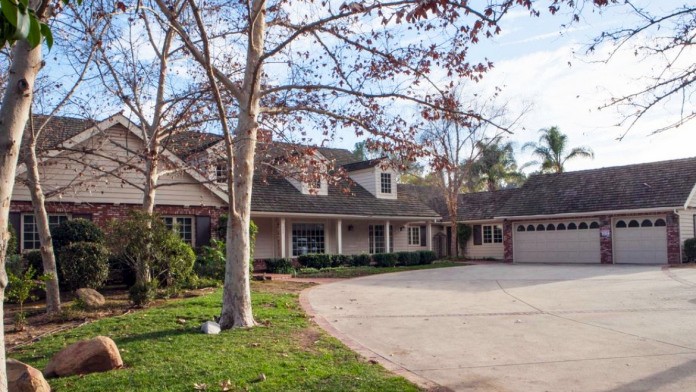
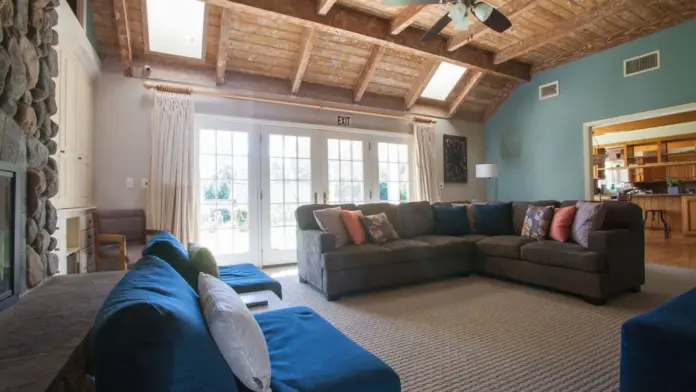
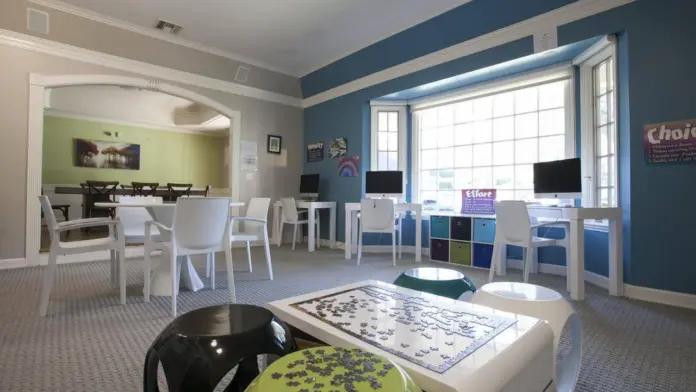


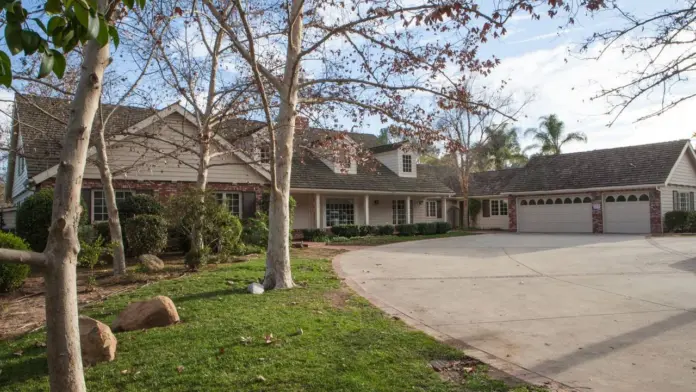
Location
Other Forms of Payment
Private insurance refers to any kind of healthcare coverage that isn't from the state or federal government. This includes individual and family plans offered by an employer or purchased from the Insurance Marketplace. Every plan will have different requirements and out of pocket costs so be sure to get the full details before you start treatment.
Self-pay involves paying for treatment out of your own pocket. You can use savings or credit, get a personal loan, or receive help from family and friends to fund your treatment. If you don't have insurance or your insurance plan doesn't cover a specific program, self-pay can help ensure you still get the care you need.
Financial aid can take many forms. Centers may have grants or scholarships available to clients who meet eligibility requirements. Programs that receive SAMHSA grants may have financial aid available for those who need treatment as well. Grants and scholarships can help you pai for treatment without having to repay.
Military members, veterans, and eligible dependents have access to specific insurance programs that help them get the care they need. TRICARE and VA insurance can help you access low cost or no cost addiction and mental health treatment. Programs that accept military insurance often have targeted treatment focused on the unique challenges military members, veterans, and their families face.
Addiction Treatments
Levels of Care
Treatments
The goal of treatment for alcoholism is abstinence. Those with poor social support, poor motivation, or psychiatric disorders tend to relapse within a few years of treatment. For these people, success is measured by longer periods of abstinence, reduced use of alcohol, better health, and improved social functioning. Recovery and Maintenance are usually based on 12 step programs and AA meetings.
Drug rehab in California teaches participants constructive ways to stay clean and sober. Treatment revolves around helping individuals stop using the substance they are addicted to and learn healthy habits to avoid relapse.
Many of those suffering from addiction also suffer from mental or emotional illnesses like schizophrenia, bipolar disorder, depression, or anxiety disorders. Rehab and other substance abuse facilities treating those with a dual diagnosis or co-occurring disorder administer psychiatric treatment to address the person's mental health issue in addition to drug and alcohol rehabilitation.
A combined mental health and substance abuse rehab has the staff and resources available to handle individuals with both mental health and substance abuse issues. It can be challenging to determine where a specific symptom stems from (a mental health issue or an issue related to substance abuse), so mental health and substance abuse professionals are helpful in detangling symptoms and keeping treatment on track.
Opioid rehabs specialize in supporting those recovering from opioid addiction. They treat those suffering from addiction to illegal opioids like heroin, as well as prescription drugs like oxycodone. These centers typically combine both physical as well as mental and emotional support to help stop addiction. Physical support often includes medical detox and subsequent medical support (including medication), and mental support includes in-depth therapy to address the underlying causes of addiction.
Programs


Clinical Services
CBT focuses on making connections between thoughts, feelings, and actions. It’s based on the belief that when negative thought patterns are identified and adjusted, positive changes in feelings and behavior can take place. When people think of therapy in general, CBT is what comes to mind: talk, think, talk more, then apply the concepts from discussion to daily behavior. At Evolve, they always focus on changing behavior. If the talk doesn’t lead to positive change, then they find something that does.
Dialectical Behavior Therapy (DBT) is a modified form of Cognitive Behavioral Therapy (CBT), a treatment designed to help people understand and ultimately affect the relationship between their thoughts, feelings, and behaviors. DBT is often used for individuals who struggle with self-harm behaviors, such as self-mutilation (cutting) and suicidal thoughts, urges, or attempts. It has been proven clinically effective for those who struggle with out-of-control emotions and mental health illnesses like Borderline Personality Disorder. DBT Group Therapy is a highly effective treatment for individuals with intense emotions, disrupted relationships, and impulsive behaviors. Evolve meets teens—as individuals and as groups—where they are in the moment, while maintaining a keen awareness of the necessity for change. Evolve uses DBT to help them understand and transform patterns of behavior such as self-harm, suicidal thinking, and substance abuse. DBT group therapy teaches teens to tolerate distress without making situations worse, be in the moment without judgment, observe and change strong emotions, and ask for what they want and need in an effective and productive way.
Equine therapy, aka equine-assisted therapy (EAT), is a form of experiential therapy that involves interactions and activities with horses. Horses have a unique sensitivity to human emotions, which makes equine therapy an effective and widely accepted therapeutic tool. Teens can address and break down barriers and resistance toward the therapeutic process through their connection with horses. Their equine specialists hold certifications in the use of horses in therapeutic setting and specialize in working with teenagers with substance abuse and mental health issues. Equine therapists are present during the therapeutic process and work collaboratively with their clinical team in the development and implementation of the individual treatment plan.
Group Therapy is a powerful therapeutic tool at all levels of treatment. Peer approval and acceptance means everything to teens. During group sessions, therapists help teens develop and explore interpersonal relationships and work on specific treatment goals. At Evolve, they use group therapy in a variety of ways. Their teens participate in recreational groups, daily process groups, and 12-Step meetings when appropriate.
In individual therapy, a patient meets one-on-one with a trained psychologist or counselor. Therapy is a pivotal part of effective substance abuse treatment, as it often covers root causes of addiction, including challenges faced by the patient in their social, family, and work/school life.
Motivational Interviewing (MI) is a clinical approach to helping people with substance abuse issues and other conditions shift behavior in positive ways. It is more goal-oriented than traditional psychotherapy, as MI counselors directly attempt to get clients to consider making behavioral change (rather than wait for them to come to conclusions themselves). Its primary purpose is to resolve ambivalence and help clients become able to make healthy choices freely.
Trauma therapy addresses traumatic incidents from a client's past that are likely affecting their present-day experience. Trauma is often one of the primary triggers and potential causes of addiction, and can stem from child sexual abuse, domestic violence, having a parent with a mental illness, losing one or both parents at a young age, teenage or adult sexual assault, or any number of other factors. The purpose of trauma therapy is to allow a patient to process trauma and move through and past it, with the help of trained and compassionate mental health professionals.
Research clearly demonstrates that recovery is far more successful and sustainable when loved ones like family members participate in rehab and substance abuse treatment. At Evolve they believe teens cannot be completely understood in isolation from their families. When possible, practical, and productive, they require family members or caregivers to participate in family therapy sessions at least once a week. They prefer families to attend sessions in person, however, they accommodate sessions by telephone or web chat if necessary. The primary therapist will determine how to conduct family sessions. In addition to the family therapy sessions, families participate in multi-family parent support groups held every Sunday. These group sessions allow for families, teens, and therapists to meet either as a large group or in small, intimate groups to collaborate and share their treatment experiences. Parents need support, too. And sometimes, they need to talk to other parents without kids around. They offer support groups designed to teach parents a new set of skills to help them cope with their new normal.
Life skills trainings involve all the skills a person must have in order to function successfully in the world. During treatment, they offer career and college counseling, vocational opportunities, educational support, and student advocacy. Each center is equipped with a state-of-the-art computing facility that enables students to access public and/or private online learning programs and resources.
It’s no secret teens respond well to music and dancing. Expressive therapies like these improve self-understanding and teach productive ways to cope with uncomfortable feelings. Writing original lyrics helps identify and understand big emotions, and playing music has a magical way of simultaneously soothing and releasing those same emotions. Dance, like music, has an amazing capacity to unite mind, body, and soul in a single moment of pure joy and self-expression.
Experiential therapy is a form of therapy in which clients are encouraged to surface and work through subconscious issues by engaging in real-time experiences. Their surfing program is all about taking therapy into nature. The National Surf School and Instructors Association accredits their surf instructors, who specialize in using surfing as a therapeutic tool and transformative experience. Therapeutic hiking groups provide their teens a unique opportunity to connect with nature. Nature hikes offer opportunities to develop a new self-image, a new way of relating to others and the environment, and new ways to respond to the challenges of daily life. Boxing helps teens learn to strategize, apply tactics, work hard, play hard, and recognize the proper time and place for this type of interaction. Evolve residential treatment centers are equipped with gym facilities their teens can use when they have down-time or free time. They take weekly trips to the beach, movies, special hiking trails, museums, miniature golf courses, and more.
Amenities
-
Gym
-
Residential Setting
-
Private Rooms
-
Hiking
-
Mountain Views
Staff & Accreditations
Staff
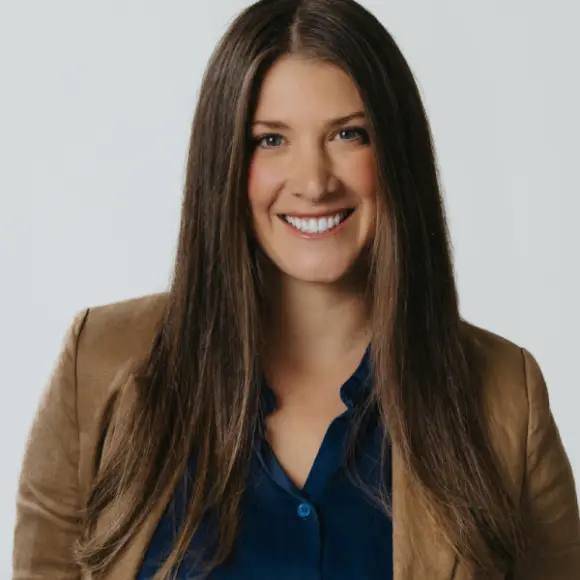
Chief Executive Officer
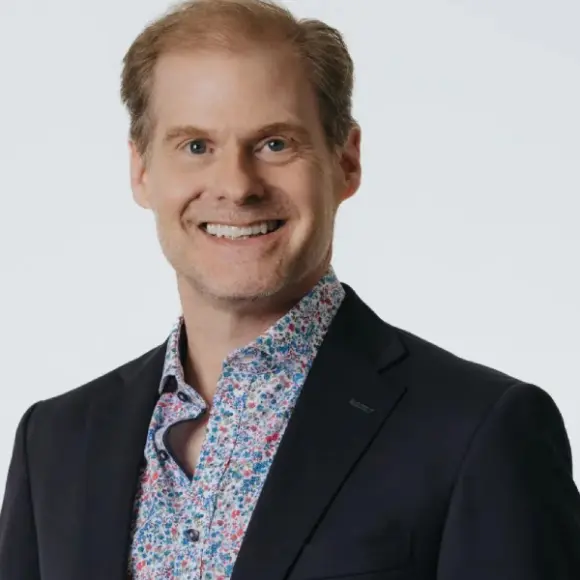
Chief Growth Officer
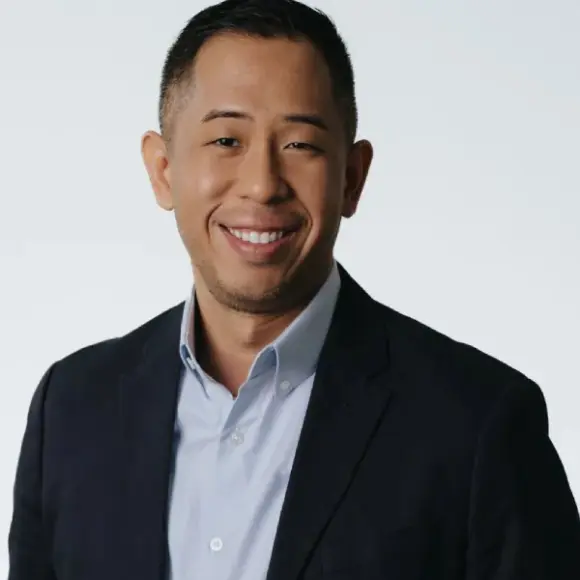
Chief Financial Officer
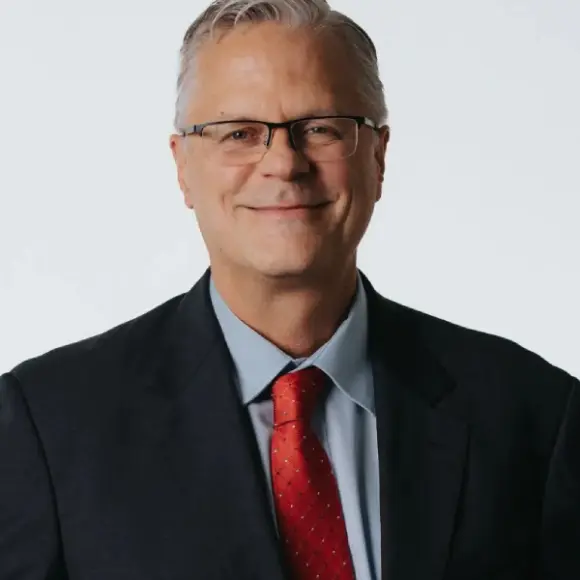
President, Evolve Psychiatry PC
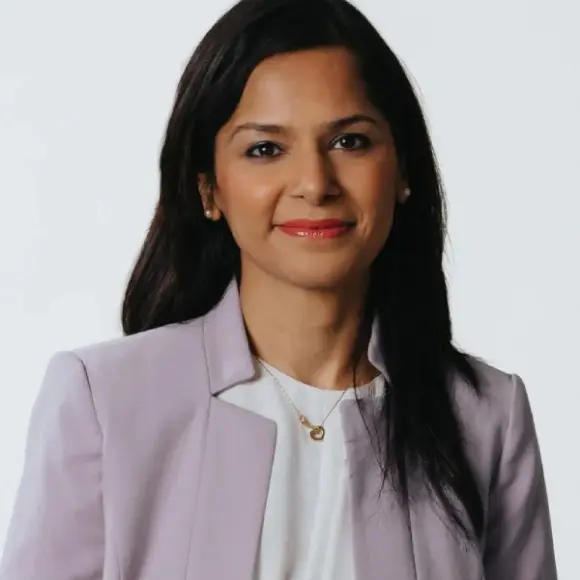
Medical Director, Northern CA and VP of Medical Training and Development
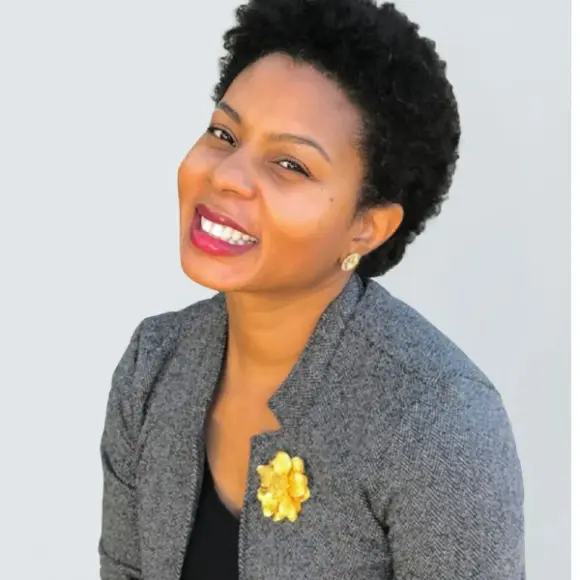
Medical Director, Southern CA and VP of Medical Operations and Quality
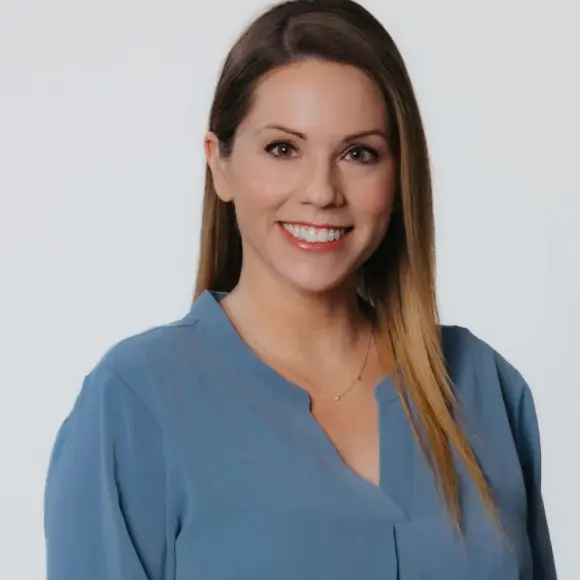
Director of Admissions
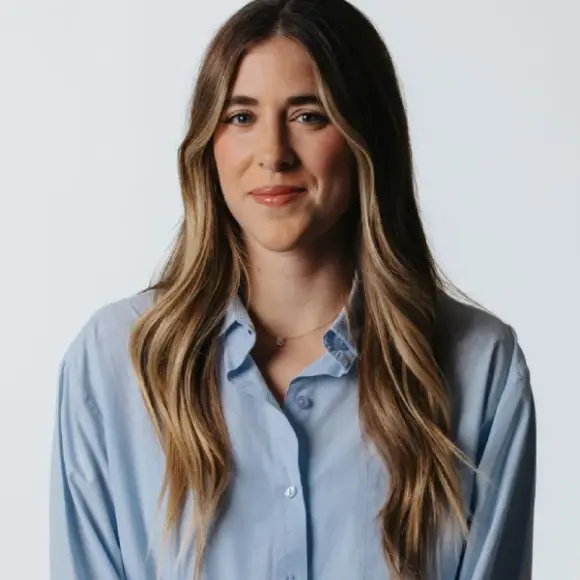
Regional Clinical Director
Accreditations

The Commission on Accreditation of Rehabilitation Facilities (CARF) is a non-profit organization that specifically accredits rehab organizations. Founded in 1966, CARF's, mission is to help service providers like rehab facilities maintain high standards of care.
CARF Accreditation: Yes
Accreditation Number: 258753

The Joint Commission, formerly known as JCAHO, is a nonprofit organization that accredits rehab organizations and programs. Founded in 1951, the Joint Commision's mission is to improve the quality of patient care and demonstrating the quality of patient care.
Joint Commission Accreditation: Yes
Accreditation Number: 588016

State Licenses are permits issued by government agencies that allow rehab organizations to conduct business legally within a certain geographical area. Typically, the kind of program a rehab facility offers, along with its physical location, determines which licenses are required to operate legally.
State License: California
License Number: 6009047730
Contact Information
599 Quail Oaks Drive
Ojai, CA 93023
